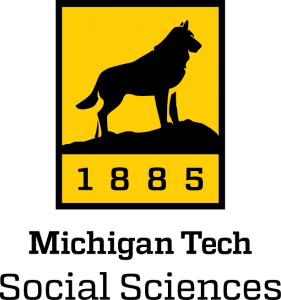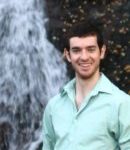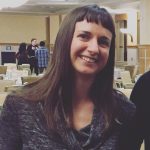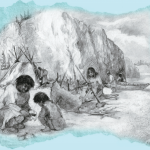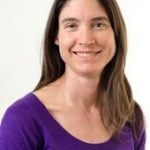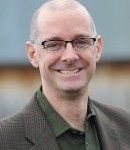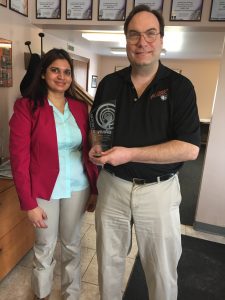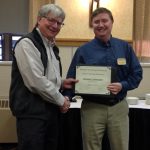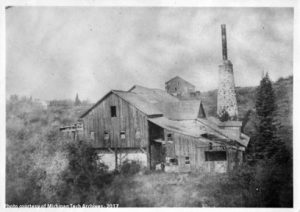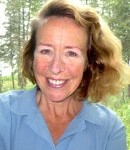
Places, a journal of public scholarship on the built environment, published an article by Nancy Langston (SS) analyzing the Trump administration’s efforts to “dismantle environmental law” and other similar political action, particularly in the Midwest. She writes “far-right politicians in the Midwest have been running their states as experimental laboratories where they refine efforts to undermine science and democracy.” Langston also discusses what can be done about this.
